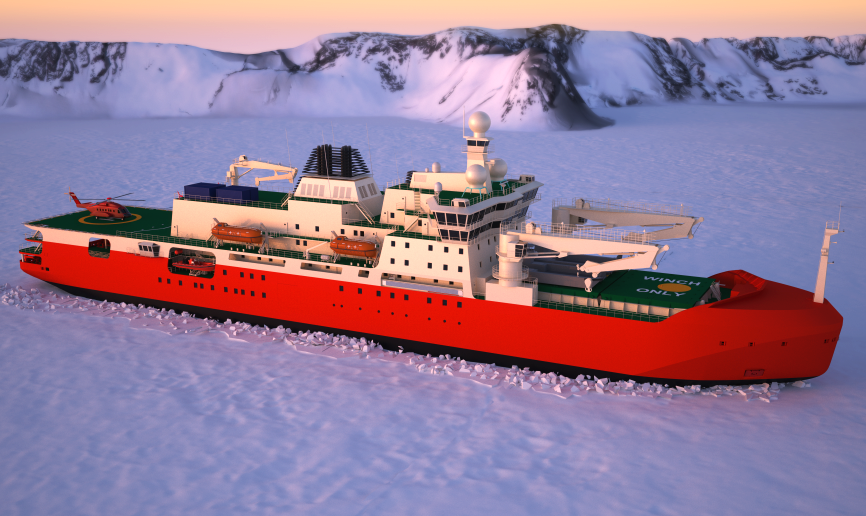More APS groups strike
 A wave of industrial action is set to flow over APS wage negotiations.
A wave of industrial action is set to flow over APS wage negotiations.
Both Antarctic crew members and air traffic controllers are poised to strike - unified in their opposition to the current federal wage deal proposed by the Australian Public Service Commission (APSC).
Antarctica's lifeline, the icebreaker RSV Nuyina, is currently immobilised in Hobart, Tasmania, as crew members, represented by the Australian Institute of Marine and Power Engineers and the Australian Maritime Officers Union, initiate protected industrial action.
This action is in direct response to disputes with Serco Defence Services, the contractor responsible for the vessel's operation.
The strike's impact is expected to be significant, affecting crucial operations such as engine running, cargo loading and unloading, and helicopter operations.
A spokesperson from the Australian Antarctic Division has expressed the institution's awareness and concern regarding the unfolding situation.
Alongside the maritime strife, air traffic controllers, under the banner of Civil Air, are set to disrupt airport operations across the nation.
Their strike is part of a broader wave of unrest that includes the Australian Federal Police and aviation firefighters, all contesting the same wage deal.
Airservices Australia, in anticipation of the strike's impact, has acknowledged the situation and its potential for significant delays and inconveniences at airports.
Central to the dispute is the wage deal negotiated between the APSC and the Community and Public Sector Union (CPSU), which settled for an 11.2 per cent pay increase after initial demands of a 20 per cent hike.
Critics argue that the deal falls short, particularly for frontline workers unable to work from home, contrasting sharply with the more generous settlements achieved in sectors like aged care following legal challenges.







 Print
Print